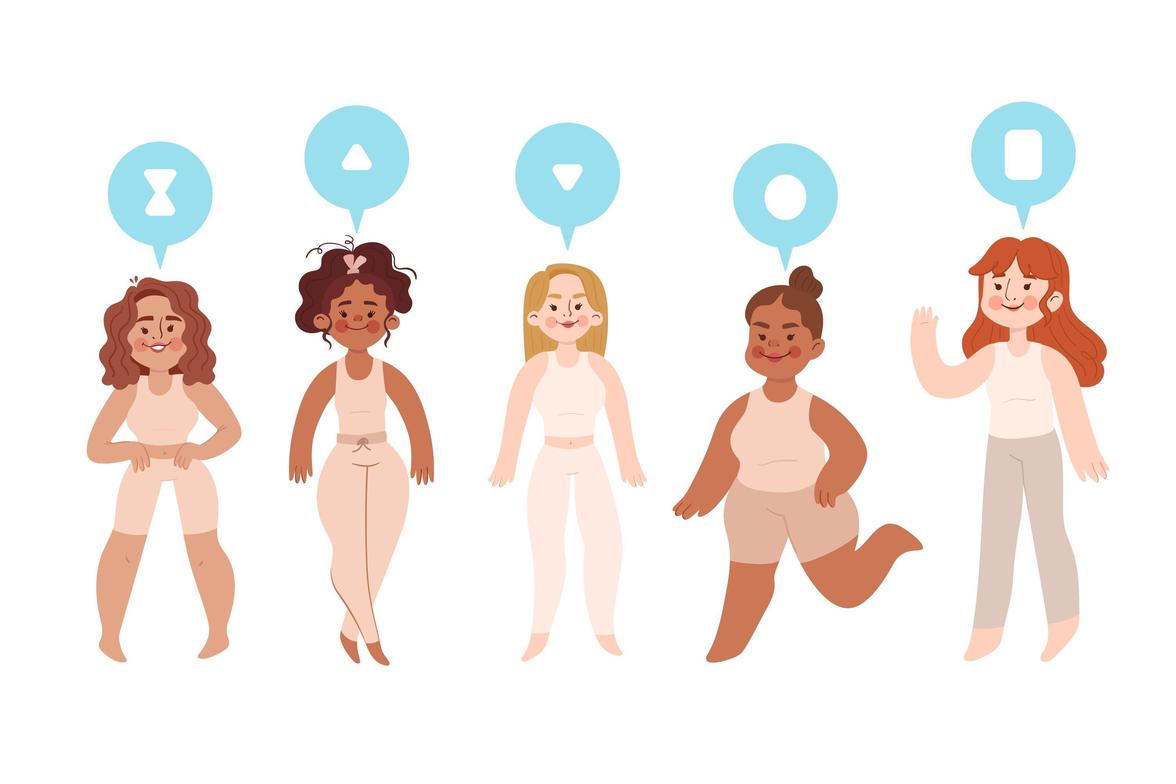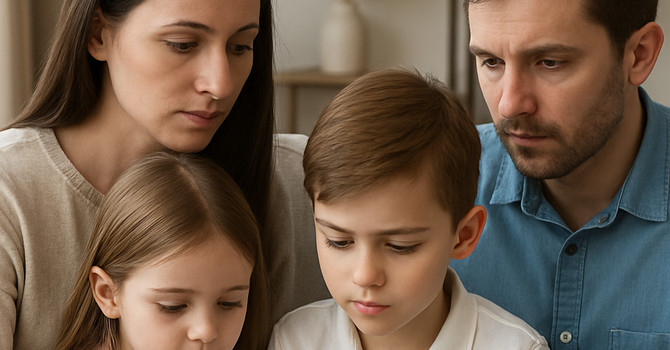
The Psychological Impact of Postpartum Weight Struggles on Women
Becoming a mother is often celebrated as one of life’s most transformative experiences, filled with love, joy, and challenges. Yet, among the less spoken-of challenges is the complex relationship many women develop with their bodies after having children. While the physical toll of pregnancy and childbirth is undeniable, the psychological impact of struggling with weight postpartum can be profound and enduring.
Body Image and Identity
Pregnancy changes a woman’s body in ways that are both miraculous and irreversible. For many, adjusting to a post-baby body means grappling with stretch marks, loose skin, or weight that feels stubbornly resistant to diet and exercise. These changes can clash with societal expectations of how women "should" look, leading to feelings of inadequacy and frustration.
The pressure to "bounce back" is pervasive, fueled by social media and celebrity culture, where images of seemingly effortless postpartum transformations dominate. These unrealistic standards can make women feel like they are failing, not just at achieving their desired weight but as mothers and individuals.
Emotional Toll
Struggles with weight postpartum often intersect with feelings of guilt and shame. Many women feel torn between focusing on their children and caring for themselves. The idea of prioritizing exercise or self-care may feel selfish, and the result can be a cycle of neglect and dissatisfaction.
This can further exacerbate conditions like postpartum depression or anxiety. The body’s changes may serve as a constant reminder of perceived loss: loss of control, loss of the pre-baby self, and, in some cases, loss of confidence.
The Role of External Pressures
Family, friends, and even well-meaning strangers can contribute to this pressure. Comments about "losing the baby weight" or unsolicited advice on diet and exercise can be painful reminders of struggles a woman may already feel deeply aware of. Even casual remarks can carry a sting, creating a sense that her worth is being evaluated based on her body rather than her role as a mother or her accomplishments.
Coping Mechanisms and Self-Compassion
Navigating these feelings requires immense self-compassion and, often, support. Here are a few strategies that can help:
- Redefining Success: Focus on what your body has achieved, not just how it looks. It created life, which is no small feat. Shifting the narrative from appearance to function can be empowering.
- Building a Support System: Open conversations with partners, friends, or therapists can alleviate the sense of isolation. Knowing others have felt similarly can be incredibly validating.
- Setting Realistic Goals: Gradual, sustainable changes in diet and exercise are far healthier than crash diets or extreme measures. Recognize that healing takes time.
- Challenging Unrealistic Standards: Be mindful of the media you consume. Follow accounts and read stories that celebrate diverse body types and authentic postpartum journeys.
- Seeking Professional Help: If feelings of guilt, shame, or depression persist, consider speaking with a counselor or therapist specializing in postpartum issues.
Conclusion
The journey of reclaiming body confidence after having children is deeply personal, filled with ups and downs. It's essential to remember that struggles with weight are not a reflection of one’s worth or abilities as a mother. Your body tells the story of your resilience, love, and strength—and that story deserves to be celebrated.
By embracing self-compassion and rejecting societal pressures, women can move toward a healthier relationship with their postpartum bodies, finding pride in the incredible journey of motherhood and the beauty of their evolving selves.
.JPEG)
.JPEG)





